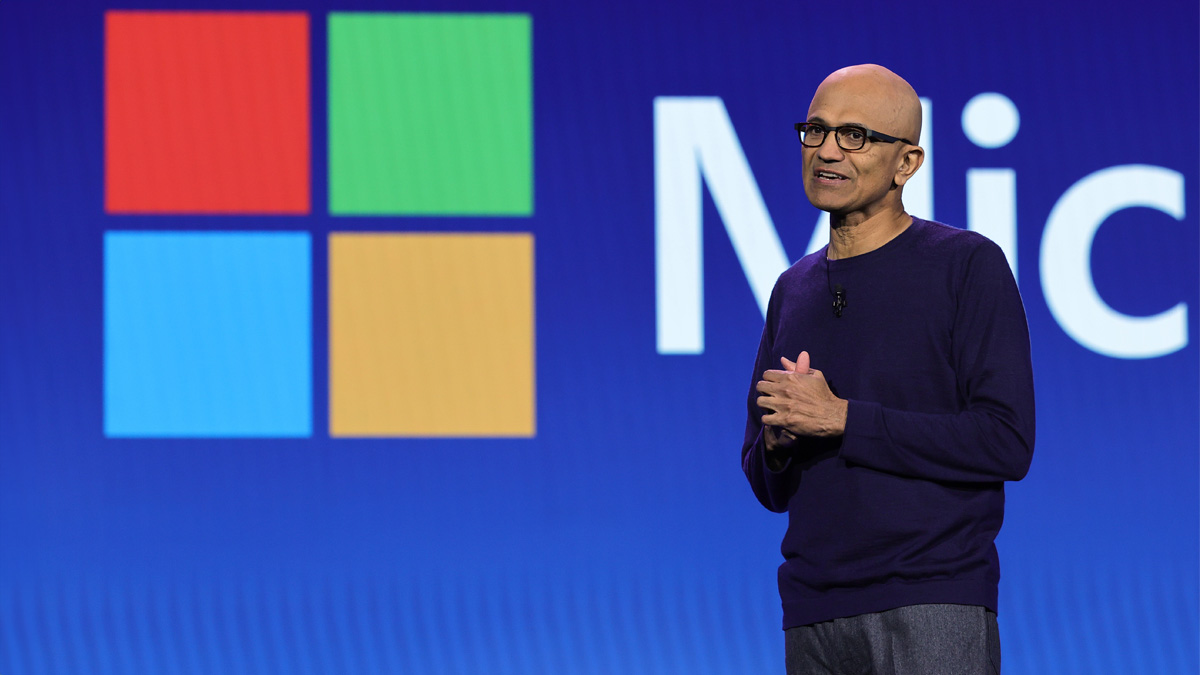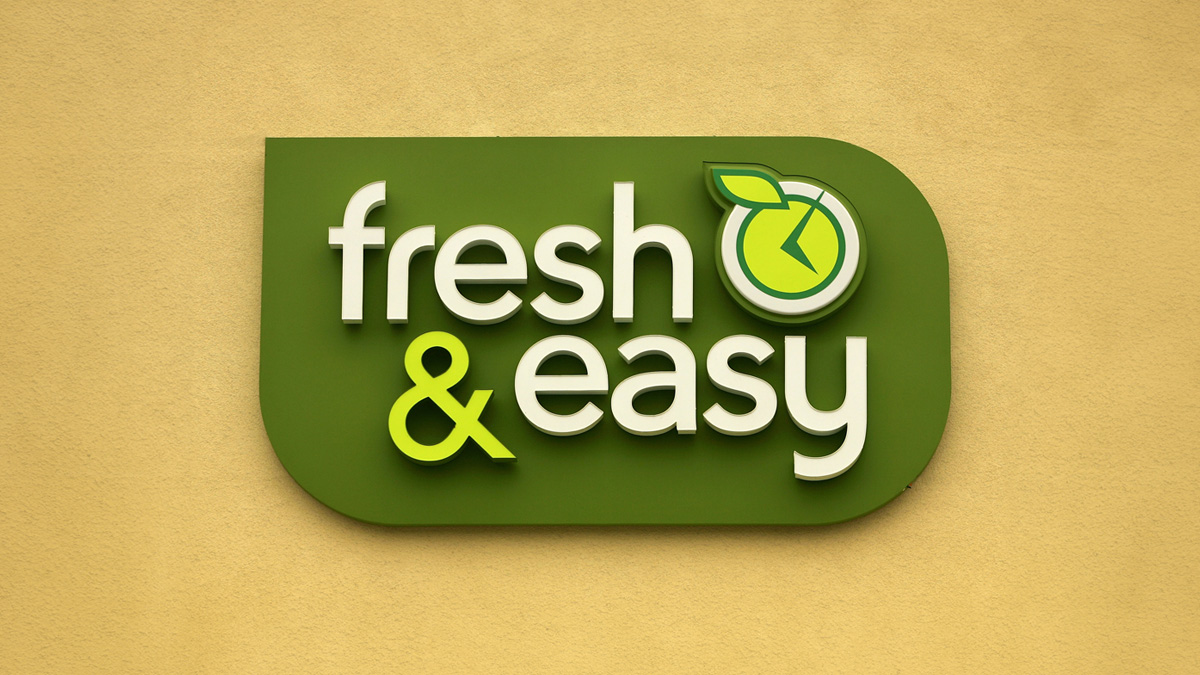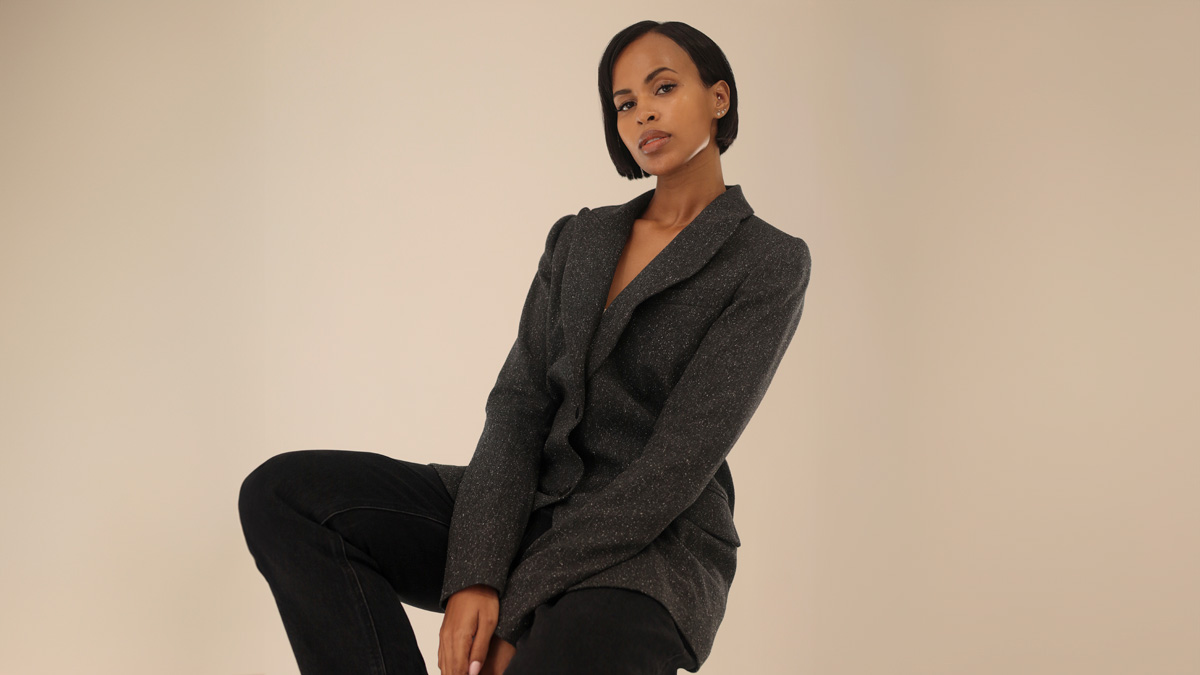Station F: What the UK can learn from France’s start-up hub
In an abandoned train depot, some of France's hottest new businesses are coming together under one roof
There’s an old joke that France doesn’t have a word for ‘entrepreneur’. The country is traditionally associated with red tape and heavy state intervention. But Station F in Paris is trying to change that, by providing a space for 1,000 start-ups under one roof – with all the support they need to thrive.
Station F is an iconic building that is remarkably hard to spot – it’s no Eiffel Tower. The former freight train depot is a low-level sprawl, hidden by trees and residential buildings in the south-eastern 13th arrondissement. It’s close to Gare d’Austerlitz, which is just a 15-minute tube ride from the Eurostar terminal Gare du Nord.
Inside, the building has a wow factor for sure. In fact, it’s so long that the Eiffel Tower lying flat would just fit inside it, with only a few metres to spare.
This vast space is divided into three zones, with tube-style barriers – accessed with a members’ card – separating each one. There is a ‘share’ zone for networking, a ‘creative’ zone for working and a ‘chill’ zone for eating and socialising, the latter open to the public.
As soon as you enter, you get a sense of the building’s remarkable scale – and a palpable sense of excitement. The share zone hosts more than 600 events every year. When I arrived a huge conference on B2B marketing was taking place and a group of start-ups had set up stalls to “speed date” with a queue of potential investors from venture capital firms.
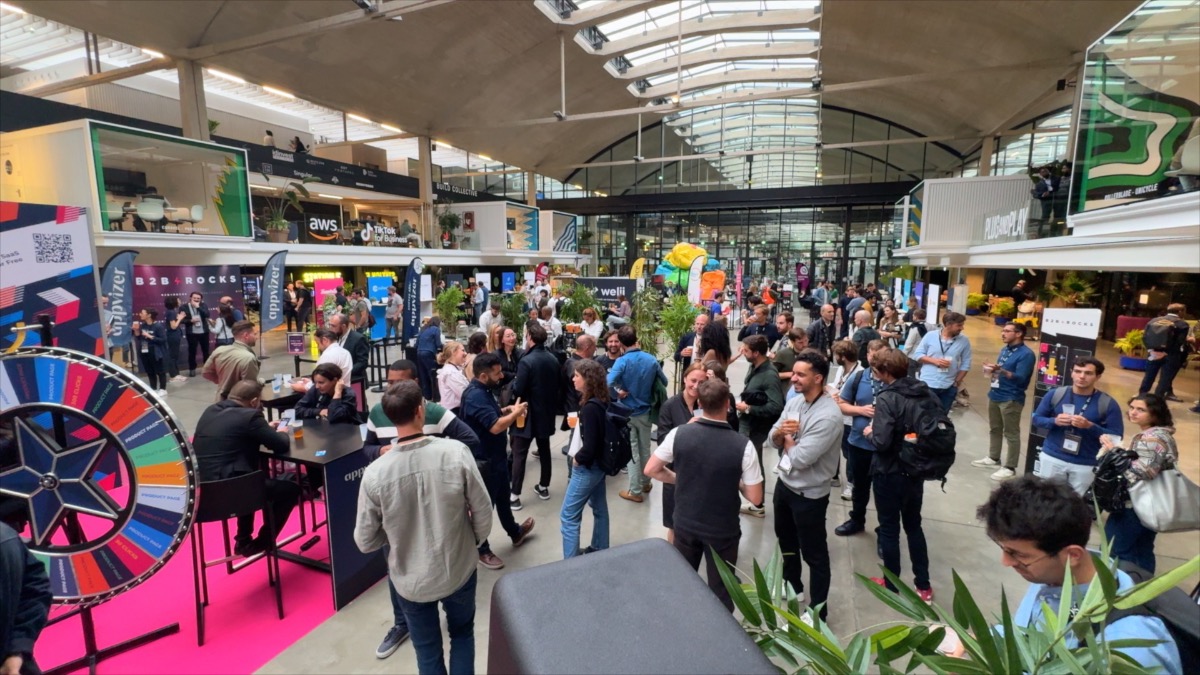
There are organisations with a permanent base in this area, including Tik Tok for Business and La French Tech, which helps start-ups cut through the notorious French red tape. More than 30 public bodies can be accessed here, helping with issues such as employment law and taxes.
Here I meet my first French entrepreneur. Alexandre Duval is co-founder of Entalpic, a start-up that uses AI to dream up new materials to improve industrial design. He’s hoping to follow in the footsteps of other successful AI-companies that have already graduated from Station F, including Hugging Face and Mistral. Both those companies went on to get venture capital funding and are now valued at billions of dollars, unicorns many times over.
“Start-ups here have different areas of expertise,” explains Duval, “so you are not isolated, you benefit from this ecosystem. We get help from other start-ups and incubators daily. We get assistance with admin, recruitment – all the things that are difficult when you are a start-up.”
He also appreciates the chance to network with industry players. “Big companies come here for dinners and events, and they invite us,” says Duval, “so we meet people from industries that are relevant to us.” Station F also draws in big-name visitors for talks like Tesla’s Elon Musk and Open AI’s Sam Altman.
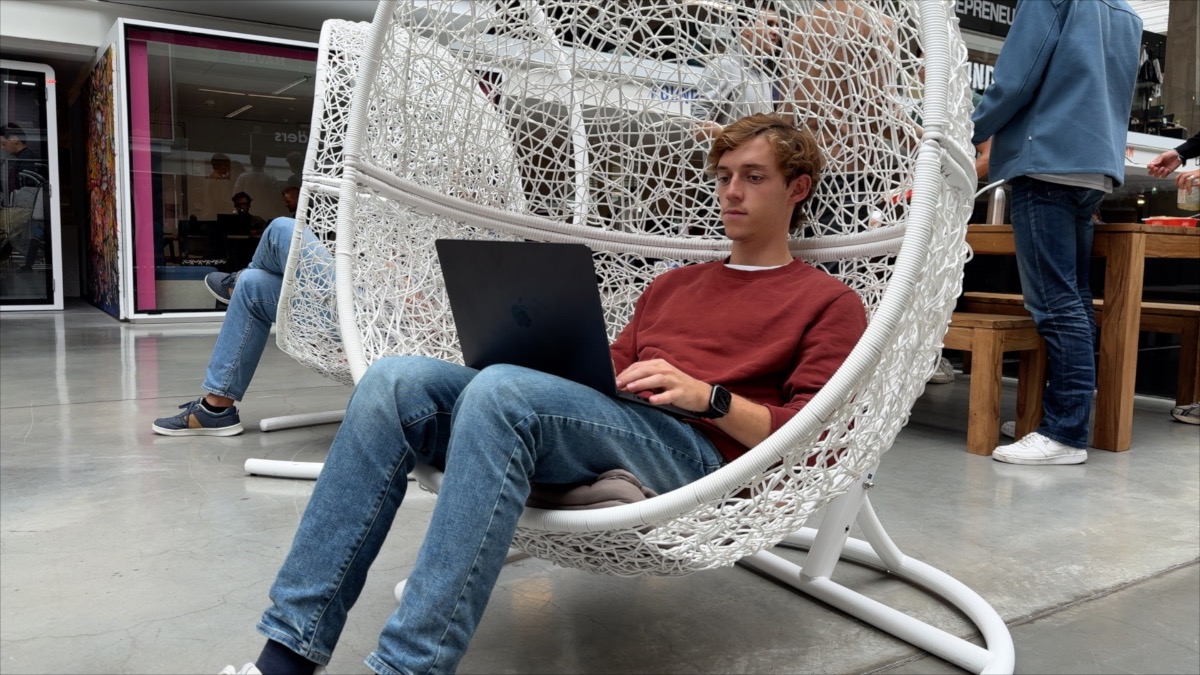
In an age when many tech start-up teams are happy to work fully remote from the outset, this space concentrates all the benefits of showing up in person in one place, in a very extreme way. Duval says his team “loves to gather together in this one place, so we can push together in the same direction, as an efficient start-up”.
He’s not sure what word describes the space in either French or English, “an incubator of incubators”, he suggests?
Next is the Creative Zone, the middle terminal in the complex. Here, you can see why the building is nicknamed the concrete cathedral. Thin, reinforced concrete vaults span the ceiling. These features helped to secure Station F its listed-building status. Incidentally, the name Station F comes from the original depot, built in the 1920s, called La Halle Freyssinet after the engineer who built it, Eugène Freyssinet. Station F preserved the ‘F’, just as it preserved the concrete vaults themselves.
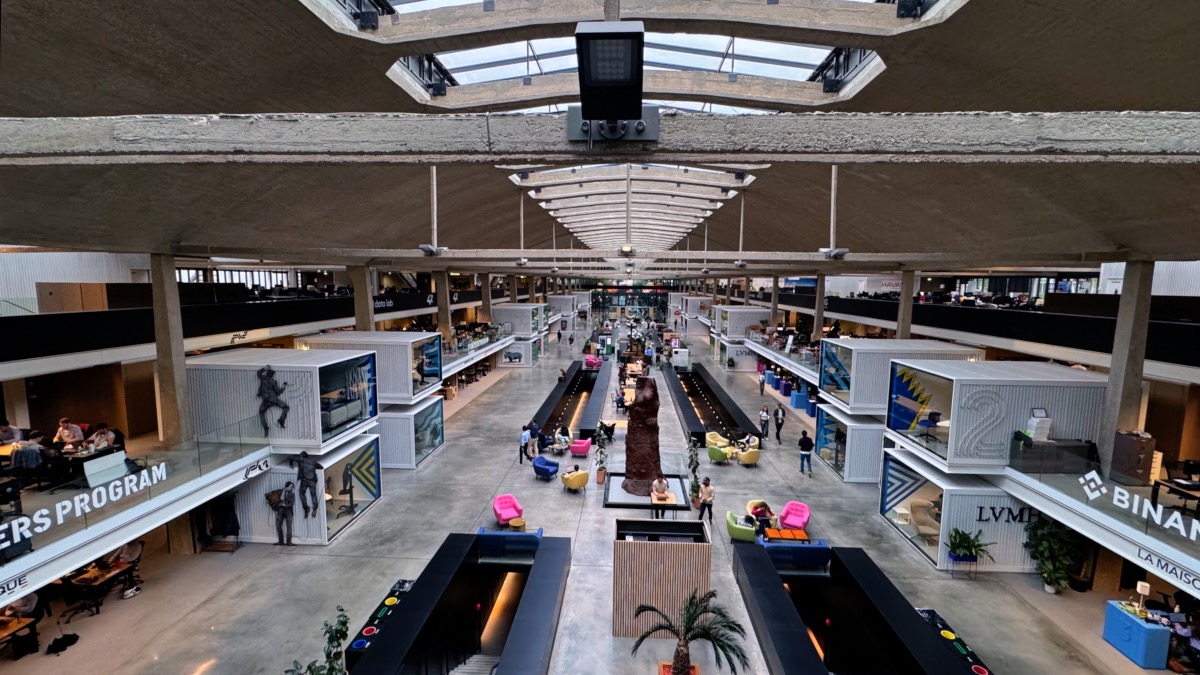
The superstructure had been left abandoned since 2010, only occasionally used for gritty urban fashion shoots. But in 2017 its 34,000 square metres were reimagined by French billionaire Xavier Niel, known as the Richard Branson of France. He invested €250m (£207m) in the project.
Niel is the owner of Free, the mobile and ISP provider, and co-owner of the newspaper Le Monde. He’s also just been appointed as the only European board member of ByteDance, the owner of TikTok.
With Station F, he wants to inspire a new generation of entrepreneurs. This includes people like Station F member Anaïs Garnier, the second French entrepreneur I met. She is the woman behind an online publishing platform for fiction authors called WeInk. She loves the chance encounters you get in Station F, thanks to the 3,000 entrepreneurs rubbing shoulders.
“I’m recruiting for the first time,” she says, “and just this morning I met someone who told me about insurance I need, which I did not know about, so he put me in contact with the person he uses.” She also learned about an “EU subvention” for registering her brand, which she could apply for but didn’t know about either. “In the space of 24 hours I’ve basically solved two problems that I didn’t even know I had, thanks to the people here,” says Garnier.
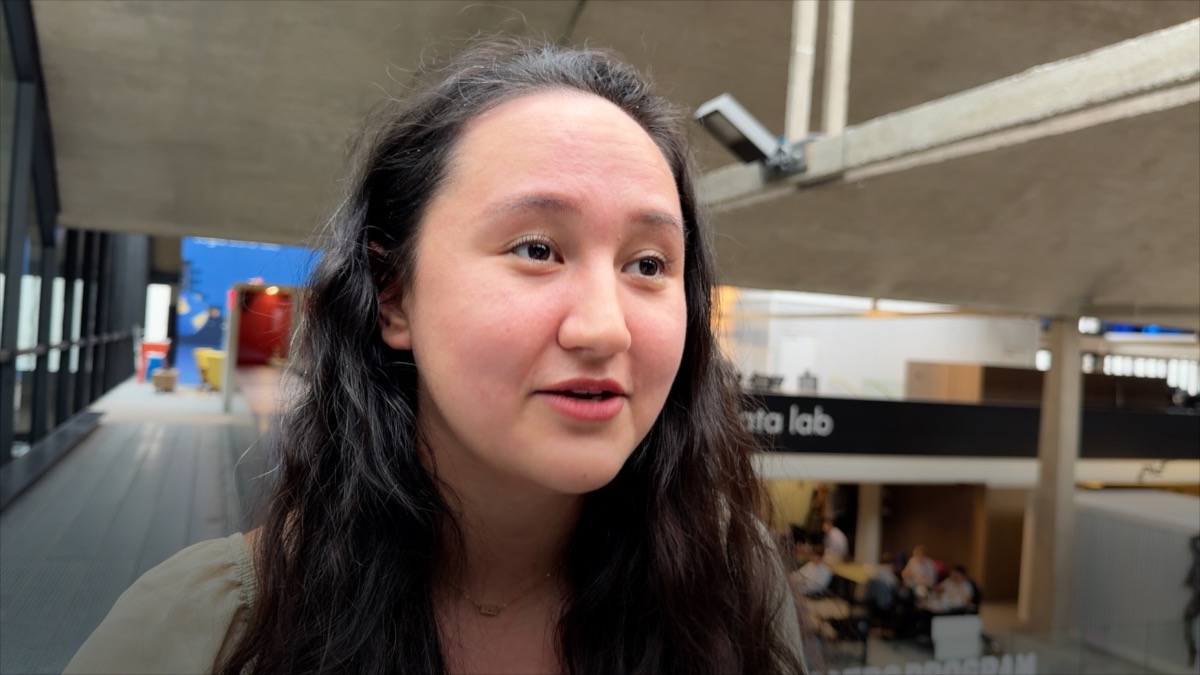
This middle creative zone is surprisingly tranquil, like a library. The long atrium is lined with chess boards on tables and swinging chairs. There are also large glass boxes that look like shipping containers where you can see people holding meetings.
Here start-up teams are hard at work. More than 30 large companies, including LVMH, L’Oréal, Meta and Microsoft, have incubators known as partner programmes here to support start-ups they have hand-picked. Usually, these programmes specialise in areas relevant to the sponsor’s expertise. For example, BNP Paribas incubates fintech companies and Binance does the same for crypto-focused ones. Meta’s programme is focused on AI, aiming to help start-ups that will “accelerate open-source artificial intelligence solutions”.
Station F itself runs a Founder Programme that develops start-ups and gives them full access to all the building’s facilities and resources. Places are very hard to come by, of course. An international panel of experts scrutinises applications alongside the in-house team, and they want to see a minimum viable product.
For those that don’t get selected there is a so-called landing zone intake, which offers start-ups the experience of Station F without the tailored growth experience. The cost for this is around €250 per desk each month, before tax. There are also a small number of private offices and flexible spaces available.
Station F also runs two other groups in-house in the creative zone: fighters for aspiring entrepreneurs from underprivileged backgrounds and graduates for companies that have been through Station F. This is because none of the core group of start-ups are allowed to stay for longer than two years (and some will stay for just three or six-month rotations).
Business Schools like EDHEC have campuses here too, where they support both students and entrepreneurs. “You have access here to all the resources a start-up needs under one roof,” says Maylis Gillet, start-ups and ecosystem manager for EDHEC Entrepreneurs. “You will have access here to public guidance on all the administrative issues that we know are very difficult in France.”
Gillet was very busy with her start-ups when I visited, because Station F was preparing to host the Innova Europe competition. This sees Europe’s top business schools compete to find the most innovative entrepreneurial idea aligned to the UN’s Sustainable Development Goals. Last year it was won by an EDHEC start-up, Dooda, specialising in insect-based food products and fertilisers.
All these large institutions pay to be close to the action. And here you see Station F’s genius – it is itself a kind of start-up, not a charity or state institution. The idea is that if you bring lots of start-ups together in one place at this dramatic scale, you also create a valuable commodity. Big companies with deep pockets will pay to access this captive market. This allows Station F to be a viable business proposition, while also boosting national economic growth.
The third large area is the chill zone. It is filled with – suitably – disused train carriages, decorated in colourful graffiti. Here there are a variety of restaurants, but no French waiters. Visitors sit at a table and order via a QR code.
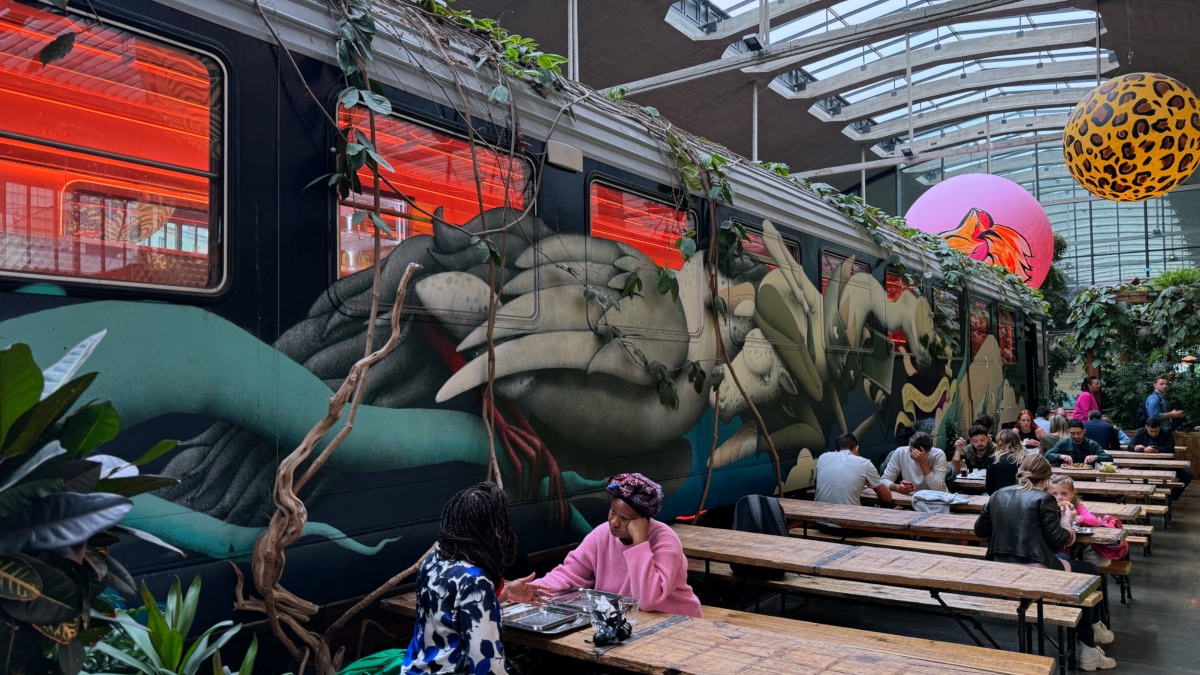
Success at Station F is becoming a self-fulfilling prophecy. Nikolai Fomm is a German entrepreneur who works for a start-up called Corma, which helps businesses manage their whole portfolio of software applications. “Being a super-early-stage start-up, it was important to have this quality stamp that Station F gave us,” says Fomm. “Its reputation, especially in France, but also beyond, makes it easier to win your first clients, persuade your first hires and find your early investors.”
London shouldn’t have too much to fear – for now. The influential Global Startup Ecosystem Report has since 2020 put the UK capital joint second (with New York) behind Silicon Valley when it comes to vibrant, well-funded start-up ecosystems. But the latest report shows Paris is rapidly rising up the ranks.
Interestingly, you don’t have to be a start-up registered in France to work at Station F. You don’t even need to have a single French national on your team to qualify. The place is full of Americans, for example, who are here thanks to the incubators run by Meta and Microsoft. In theory a British start-up could apply, though places are tight.
There’s certainly a lot of optimism in this unique structure and France recognises it as an important symbol for the country. The week after I visited, the French president Emmanuel Macron paid another official visit. His government is hoping a building originally constructed for trains, the engines of the Industrial Revolution, can help the country make its mark in our modern, digital age.

